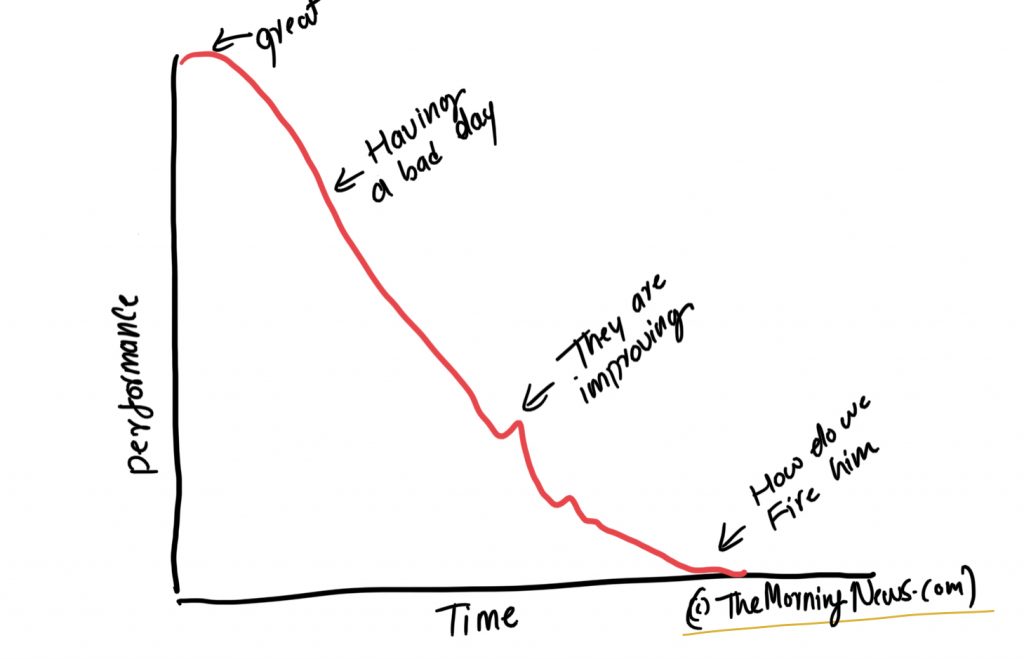Typically, when you hire a new programmer, they normally start out great with all the motivation, but over time, they usually decline in their performance, to be blunt, they get “lazy”, but as project managers, it’s our responsibility to keep that enthusiasm up throughout the project because programmers are a vital part of our working environment ( and I won’t have anything to manage if programmers don’t “CREATE” things)

To fix the problem, we have to understand that most people who are programming for a long time, are fatigued from coding & just lack the motivation that they had when they started out.
So, how do we fix it?
- Rotate Programmers
More than often, the majority of programmers have been working on the same project or creating iteration of the same thing every day, this gets tedious & flat-out boring. On top of that, they have to deal with the same people every day. One solution is to switch their environment by assigning them to a different part of the same project with a new group of people. This works well in remote working situations as well. - Incentives they cannot ignore
Who doesn’t love a great incentive to work toward? Especially an incentive where their family is involved ( hehe, talk about manipulation). In our office, what we do is, we have ph & email of their “SO” and typically CC the incentive program and their progress to them as well. This will encourage them to work towards a goal that their family is involved in.
( Trip to Hawaii for couples if they finish their work on time?) - In-House “Side Projects”
One of the things Arjun from CloudMandu, an implementation firm, did to motivate their developers is setup a bounty where they are free to work on anything during their off-peak hours and can win a “bounty prize” if their project is chosen.
This works because most “good” programmers come from a background where they have been developing their own personal project that they enjoy, but when they get into the corporate environment, that part of their life doesn’t receive any attention. As a project manager, you could bring this back for them. Google also encourages their employees to dedicate 20% of their time for “side projects”.
Developers are a vital part of our work systems and as project managers, it’s our responsibility to help them achieve their goals.





